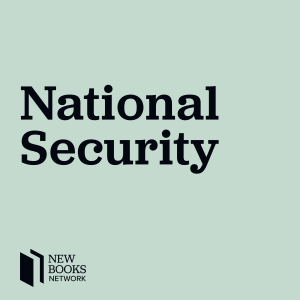
New Books in National Security
Science:Social Sciences

Jeremy Friedman, "Shadow Cold War: The Sino-Soviet Competition for the Third World" (UNC Press, 2018)
 2019-07-12
2019-07-12
Download
Right click and do "save link as"
If today’s geopolitical fragmentation and the complexities of a ‘multipolar’ world order have led some to reminisce about the apparent stability of the Cold War era’s two ‘camps’, it should be remembered that things were of course never so straightforward. As Jeremy Friedman shows in Shadow Cold War: The Sino-Soviet Competition for the Third World, the 1960s-1980s Sino-Soviet Split(UNC Press, 2018) generated a much more fractious and divided global situation than today’s nostalgia would imply.
Taking ideology seriously as a component of socialist foreign policy, Friedman’s new and compelling analysis shows how deep Moscow and Beijing’s disagreements ran, and argues that the division was based at heart on two quite different revolutionary agendas. Drawing on archives all over the world in multiple languages, Shadow Cold War traces the origins of these agendas in revolutionary experience in each of Russia and China, and reveals how these continued to manifest themselves as Soviet and Chinese interests competed in the developing world in the latter half of the twentieth century. With China in particular now a major player in many of the locations discussed here, this book should be indispensable reading for anyone seeking clarity about how we got to where we are today.
Ed Pulford is a postdoctoral researcher at the Slavic-Eurasian Research Center, Hokkaido University. His research focuses on friendships and histories between the Chinese, Korean and Russian worlds, and northeast Asian indigenous groups.
Learn more about your ad choices. Visit megaphone.fm/adchoices
view more
More Episodes
012345678910111213141516171819
Create your
podcast in
minutes
- Full-featured podcast site
- Unlimited storage and bandwidth
- Comprehensive podcast stats
- Distribute to Apple Podcasts, Spotify, and more
- Make money with your podcast
It is Free
- Privacy Policy
- Cookie Policy
- Terms of Use
- Consent Preferences
- Copyright © 2015-2024 Podbean.com





